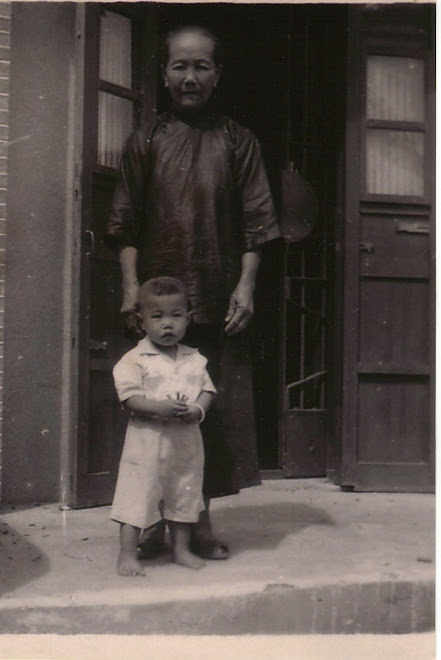My parents went to school on the GI Bill, a grateful nation subsidizing their college. My father went to Columbia University, free.
He spent the next 40 years teaching in public institutions, raising a family in the home that he bought.
My entire college education, all tuition, room and board, cost less than $1,000 a year in the 70s, subsidized by the taxpayers of Illinois. I spent the next 30 years working in nonprofit arts and social services, making not a profit, but the world a better place. And yes, raising a family in the home that we bought. I spent the first 10 of those years as a working artist, making paintings and drawings that were purchased by banks and bankers, hospitals and doctors.
My husband also got this taxpayer subsidized education, and has spent his career with children and religious institutions. And raising a family in the house that this subsidized education helped us to purchase. He continues to make music enjoyed by thousands, a lot of them bankers, and doctors, and businesspeople.
My son went to Conservatory on the sweat of our brows, enabled by our publicly-funded education, and federal Stafford and Perkins loans. He got one of those "useless" degrees, in Jazz Performance.
He now works for the public school system and in nonprofit arts. He continues to make music.
My daughter is working her way through college, opting to spend the first 2 years at a publicly-funded community college to save costs. She is also planning a career in the arts, but I'm betting it's going to have a lot to do with children, public institutions and gracing the lives of doctors, bankers and businesspeople.
My entire family has been motivated, throughout generations, not by the ideas of "profit" or "growth" but rather those of innovation, beauty, and community. We've worked hours as long as those of any banker, business owner (which by the way, is us), or doctor.
To the people of Illinois and the nation, I'd like to say thank you. We couldn't have done it without you, and are happy and grateful to have given it back.
For those who are now propounding that subsidizing education, higher education in particular, makes individuals and society lazy, forces bad choices (like choosing a community improvement motive over a personal profit motive) and inhibits that quintessential golden idol "growth," I would like to know: have you ever bought symphony tickets, or gone to the movies? Do you have art (either original or reproductions) hanging on the walls of your home or office? I'd like to know if your children take piano or dance lessons, and if you'd prefer that your day care provider or nanny has a high school diploma or even a college degree in early childhood ed. Do you wish you could find a Polish-speaking doctor for your elderly immigrant mother? Does your church have a band or a choir?
These are the things enabled by public education, which allows those with deep resources of faith, talent, and good will to get the education that the children of the bankers and doctors can pay for with cash and loans.
How again have we been a drain on society?
